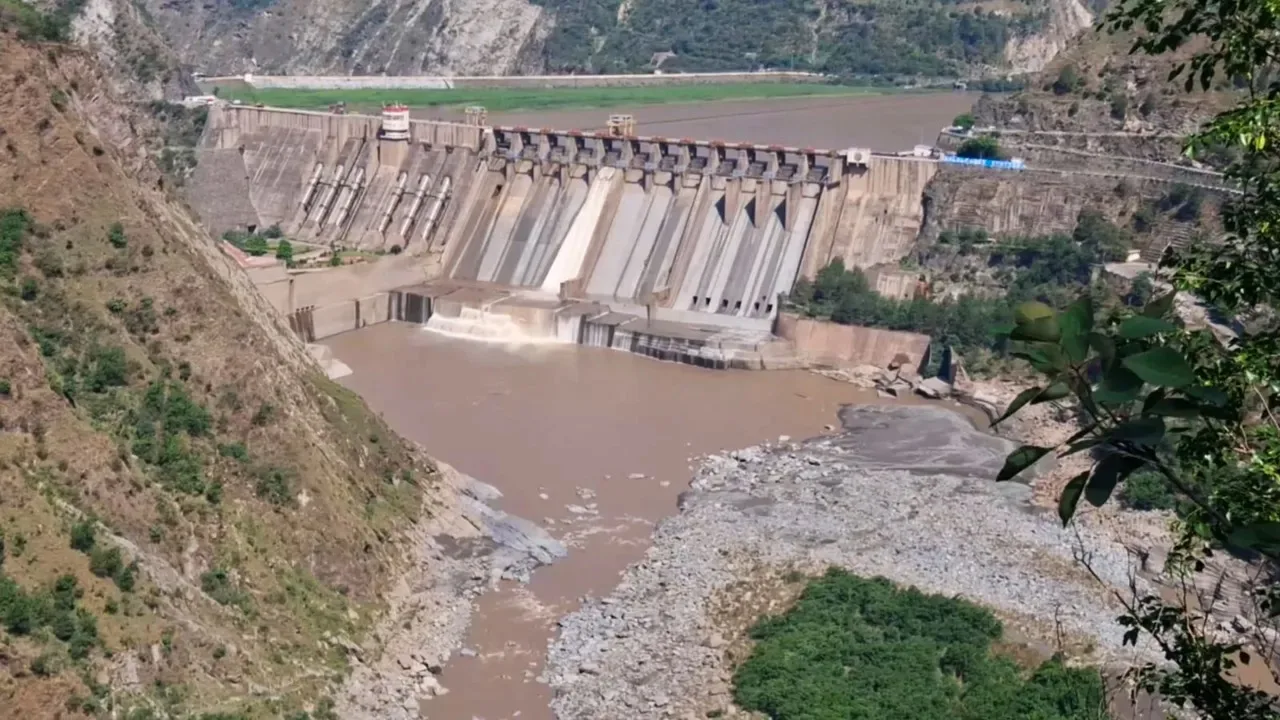Srinagar: The Court of Special Judge Anti-Corruption, Pulwama, on Monday convicted and sentenced a Girdawar to three and a half years of simple imprisonment in connection with a bribery case instituted in 2008.
The case was registered by the Vigilance Organisation Kashmir (VoK) following a complaint that the revenue official, Ghulam Hassan Kumar of Kulgam, demanded ₹2,000 as a bribe for demarcation of nearly 19 kanals of land.
According to the prosecution, a trap was laid and Kumar was caught red-handed while demanding and accepting the money, which comprised one currency note of ₹1,000 (now withdrawn following demonetization), one note of ₹500, and five notes of ₹100 denomination.
Later, the VoK submitted the challan under Section 5(2) read with Section 5(1)(d) of the J&K Prevention of Corruption Act, Svt. 2006, and Section 161 of the RPC (taking of illegal gratification by a public servant).
While convicting the accused, Judge Dr. Noor Mohammad Mir observed: “This court is of the considered opinion that the prosecution has succeeded in proving its case against the accused beyond reasonable doubt.”
The court accordingly sentenced Kumar to simple imprisonment for three years and six months and imposed a fine of ₹20,000 under Section 5(2) read with Section 5(1)(d) of the J&K Prevention of Corruption Act, Svt. 2006. In default of payment of fine, the convict shall undergo a further simple imprisonment of three months.
Additionally, the court sentenced Kumar to one year of simple imprisonment along with a fine of ₹10,000. In default of payment of this fine, the convict shall undergo a further simple imprisonment of one month.
However, the court ordered that both sentences shall run concurrently.
The court further remarked: “Corruption is a malignant affliction that strikes at the very foundation of a democratic polity and the rule of law. It is not a victimless crime. Its invisible wounds bleed the economy, erode public trust, and subvert the moral fabric of the state. When a public servant entrusted with authority and resources for the welfare of people abuses that trust for personal gain, it is not merely a lapse in integrity—it is a betrayal of the Constitution itself.”
The court emphasized that the consequences of corruption are far-reaching, distorting governance, diverting public funds from developmental priorities, and entrenching inequality by allowing influence and wealth to dictate outcomes where merit and fairness should prevail.
It observed that for honest citizens, corruption becomes an oppressive barrier—“a toll exacted at every gate of opportunity, whether for securing a job, obtaining basic civic amenities, or accessing justice.”







